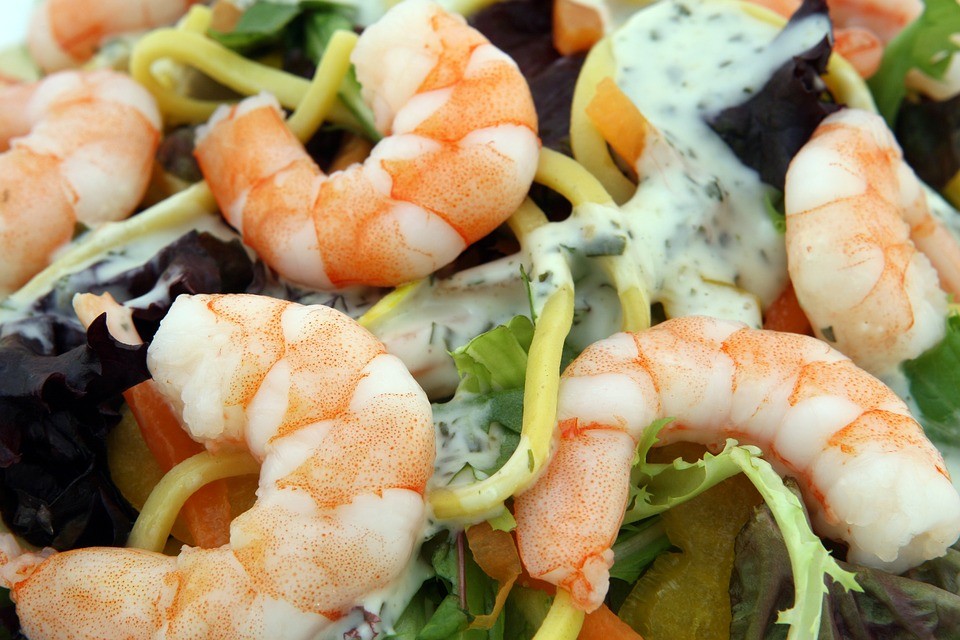The global seafood industry has continued to face major disruption as a result of the Russia-Ukraine war, which is yet to edge away.
Reports say, the worldwide seafood industry is already steeling itself for price hikes, supply disruptions and potential job losses as new rounds of economic sanctions on Russia make key species such as cod and crab harder to come by.
Join our WhatsApp ChannelTaken effect on March 25, the latest round of U.S. attempts to punish Russia for the invasion of Ukraine included bans on imports of seafood, alcohol and diamonds.
According to reports, the U.S. also stripped “most favored nation status” from Russia. Russia may not be one of the biggest exporters of seafood at large to the U.S., but it’s a world leader in exports of cod, which is the preferred fish for fish and chips in America.
Other nations around the world also toed same path. The European Union and United Kingdom are both deeply dependent on Russian seafood. Prices of seafood are reportedly spiking in Japan already. Japan happens to be a major seafood consumer that is limiting its trade with Russia.
In the UK, where fish and chips are a cultural marker, shop owners and consumers alike are bracing for price surges. British fish and chip shops were already facing a squeeze because of soaring energy costs and rising food prices.
A 2020 report by the Food and Agriculture Organisation of the United Nations, Russia is one of the largest producers of seafood in the world, and was the fifth-largest producer of wild-caught fish. Russia is also a major supplier of crabs and Alaska pollock, widely used in fast-food sandwiches and processed products like fish sticks.
All these are much ado about something – that the seafood business all over the world must brace up for job losses plus the fish stocks due to the sanctions meted out to controversial Russia.
Reports say, the impact is likely to be felt globally, as well as in places with working waterfronts. One of those is Maine, where more than $50 million in seafood products from Russia passed through Portland in 2021, according to federal statistics. “If you’re getting cod from Russia, it’s going to be a problem,” said Glen Libby, owner of Port Clyde Fresh Catch, a seafood market in Tenants Harbor, Maine.
“That’s quite a mess. We’ll see how it turns out,” Libby said.
Russia exported more than 28 million pounds (12.7 million kg) of cod to the US from Jan 1, 2020, to Jan 31, 2022, according to census data.
Andrew Crook, head of the National Federation of Fish Friers, said that — even before the war — he expected a third of Britain’s fish and chip shops to go out of business. If fish prices shoot up even higher, “we are in real dire straits,” he said.
In mid-March, the UK slapped a 35% tariff hike on Russian whitefish, including chip-shop staples cod and haddock.
“We’re a massive part of UK culture and it would be a shame to see that go,” Libby mourned.
Consumers are most likely to notice the impact of sanctions via price and availability of fish, said Kanae Tokunaga, who runs the Coastal and Marine Economics Lab at Gulf of Maine Research Institute in Portland.
“Because seafood is a global commodity, even if they are not harvested in Russia, you will notice the price hike,” Tokunaga said.


















Follow Us